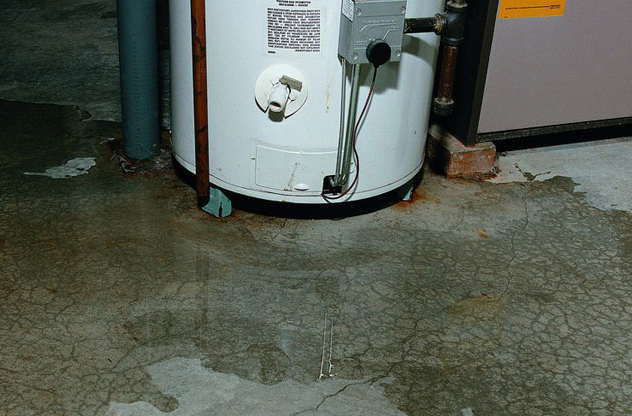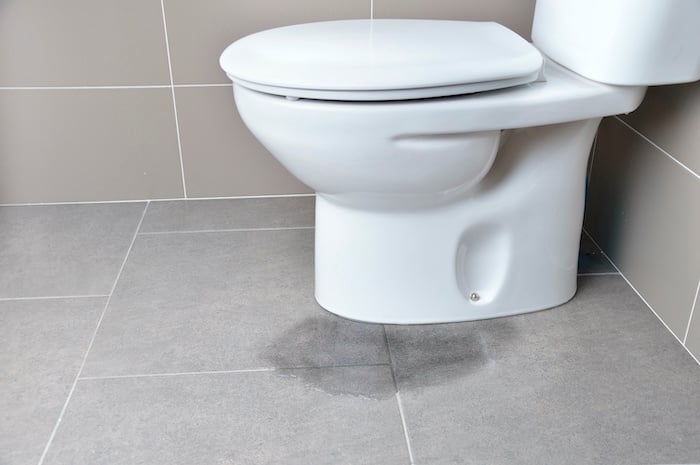The Top 5 Causes of Water Leaks
The Top 5 Causes of Water Leaks
Blog Article
Nearly everybody will have their private theory when it comes to Where to Find Water Leaks.

"Beware of little expenses. A little leak will sink a fantastic ship." - Benjamin Franklin.
He could not have been a lot more best since water leakages in our homes result in a waste of resources, boosting our water bills. Although this rise may appear negligible initially, it can bring about considerable costs that can break your bank. Apart from a rise in costs, water leakages also trigger unwanted natural growth, structural damage, and even electrical threats.
If you have a water leak isn't constantly simple due to being incapable to see many of the pipework in your residence, figuring out. If you have had an increase in your water expenses recently, noticed water spots on ceilings as well as walls, smelt poor smell, etc. You might intend to consider asking for plumbing solutions to get it checked out.
There are several reasons for water leaks, and we have actually put together the typical factors listed below. Examine to see if you have had relevant concerns in your house lately.
Compromised pipe joints
Pipe joints are the components of our plumbing system where the pipes connect. It is vital to keep in mind that also though pipelines are developed to withstand stress and also last for a while, they weren't created to last permanently; as a result, they would weaken over time. A common indicator of harmed pipeline joints is extreme sound from taps.
High water pressure
You observed your residence water pressure is more than usual yet then, why should you care? It runs out your control.
It would certainly be best if you cared due to the fact that your typical water stress must be 60 Psi (per square inch) and although your home's plumbing system is created to hold up against 80 Psi. A rise in water stress can put a stress on your residence pipelines as well as bring about cracks, or even worse, ruptured pipes. Get in touch with a professional concerning managing it if you ever notice that your home water stress is higher than usual.
Corrosion
As your pipework ages, it obtains weak and also a lot more at risk to corrosion after the regular passage of water through them, which can eat away at pipelines and create cracks. A noticeable indication of rust in your home plumbing system is staining as well as although this might be hard to find due to most pipes hidden away. Once they are old to guarantee an audio plumbing system, we advise doing a regular checkup every few years and change pipes
Clogged drains
Food particles, dust, and also grease can create clogged drains as well as obstruct the flow of water in and out of your sink. If undealt with, boosted pressure within the gutters can create an overflow and also end up breaking or bursting pipelines. To stay clear of clogged drains in your house, we recommend you to prevent putting particles down the drain and also routine cleansing of sinks.
Broken seals
An additional cause of water leakages in houses is broken seals of home appliances that use water, e.g., a dish washer. When such appliances are mounted, seals are set up around water ports for simple passage of water through the maker. Thus, a damaged seal can cause leakage of water when in use.
With little or no knowledge of plumbing, understanding your house's plumbing system adequate to repair a few of these problems (without consequence) can be a trouble. Get in touch with plumbing specialists in Pittsburgh, Providence, Rochester, and environ today, and they'll make those problems go away.
He could not have been much more right due to the fact that water leaks in our homes result in a waste of sources, raising our water bills. If you have had an increase in your water bills lately, observed water discolorations on wall surfaces and ceilings, smelt poor smell, and so on. A boost in water pressure can put a pressure on your residence pipelines and lead to splits, or even worse, ruptured pipes. One more cause of water leaks in residences is broken seals of home appliances that use water, e.g., a dishwashing machine. When such appliances are installed, seals are mounted around water adapters for very easy passage of water via the equipment.
5 TIPS IN DETECTING A WATER LEAK IN YOUR HOUSE
Water leaks can be hard to find in your home, yet they can be so common. We rely on water every day in our home, which is why a leak can cause big problems. By detecting them early, you can save money and further damage, getting the problem fixed as soon as possible. Here are 5 tips to help you detect a water leak in your home, so you can contact a plumber straight away and get the issue sorted.
Check your water meter
Many people underestimate the value of the water meter in their home. It can be one of the best ways to tell if you have a leak early on, so you can get on top of it before issues start arising. Start by turning off all the water in your home: taps, washing machine, dishwasher, etc. Now take a look at the meter – if it’s still changing with everything turned off, it’s likely you have a fast-flowing leak that you need to get on top of straight away. If nothing changes, then leave your meter for an hour or two and come back to it. Did it change in this time? It’s likely you have a slower leak, which isn’t as urgent but still handy to get fixed so it doesn’t become a bigger problem.
Keep an eye on your bill
Another good way to detect a leak in your home is by keeping an eye on your water bill. It helps if you have a past bill from the same period of time. You can compare like for like and determine whether your water usage has increased significantly. If it has, there may be a leak in your system that you haven’t picked up before. A professional plumber can check through all of your pipes and determine where it is coming from.
Look for damage
If you have a leak inside your home, you will notice damage over time. Take a look at your showers and bathtubs and note whether any of the tiles surrounding the area seem to be discoloured or damaged in any way. There may be water stains, mould or peeling material that has resulted from a build up of moisture over time. Make sure you take a look under sinks at the back of cupboards that don’t get accessed regularly. This is where damage can go unnoticed and build up over periods of time.

As a devoted person who reads on Where to Find Water Leaks, I was thinking sharing that article was a great idea. Appreciated our article? Please share it. Let somebody else locate it. Thanks for your time. Don't hesitate to visit our website back soon.
We've got answers! Report this page